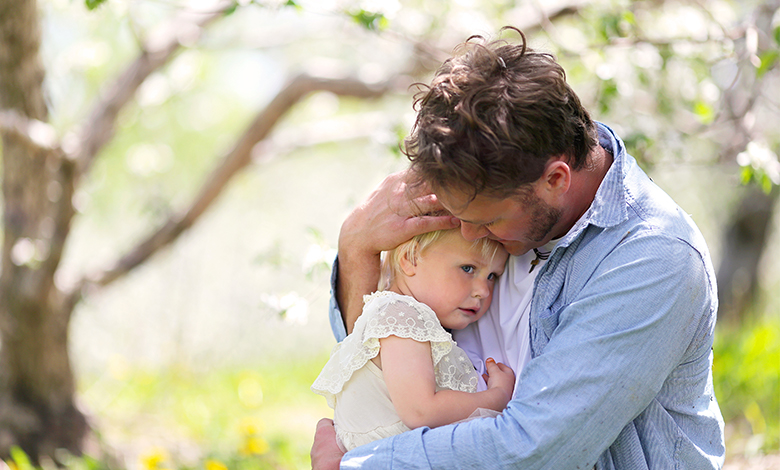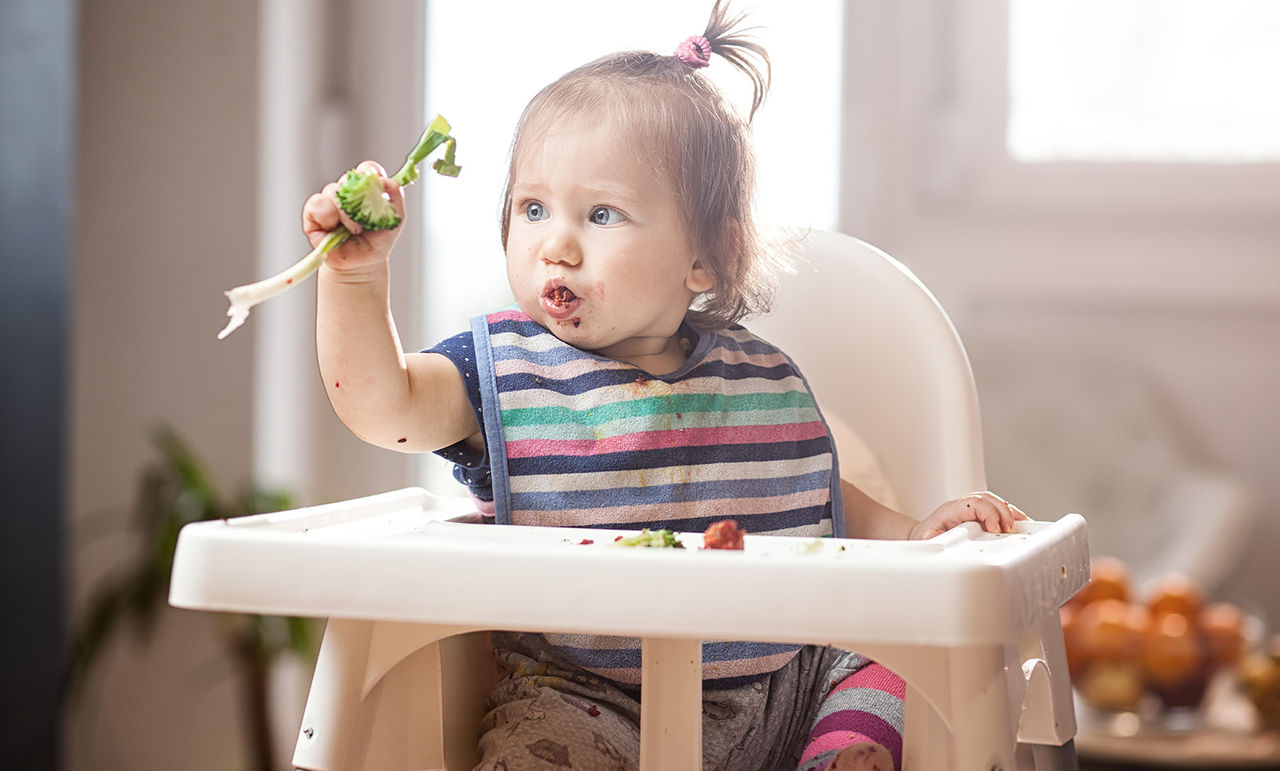- Resilience can be learned
- A capacity for resilience is a key life skill your little one will need
- There are many factors that make up our capacity for resilience
How to improve resilience in your toddler

Key points
Resilience is a characteristic we should strive to cultivate in children. Broadly, it is the ability to confront challenges and negative experiences and emerge on the other side with positive changes.
While some children will naturally be more adept at handling tough scenarios than others, resilience is in fact a learned skill, and all children can benefit from learning resilience skills and lessons.
Developing resilience skills allows them to navigate the everyday challenges of daily life, and it also lays the foundations for tackling bigger problems as they grow older. From starting school, to moving to a new house or the death of a family pet, resilience is a necessary trait for moving through life’s highs and lows.
The Children’s Resilience Research Project, a guide developed in conjunction with Beyond Blue to assist practitioners to promote resilience, describes resilience as a learned quality that can change over time.
So, as your child grows, how can you improve your little one’s ability to be resilient?
Talk to your child about resilience
Encourage your little one to learn by describing resilience to them and pointing out examples in day-to-day life. Read books to them that include characters overcoming adversity. By doing so, you’re sharing stories on empathy, patience, self-confidence, perseverance and versatility – all of which can be learned from, to build resilience.
Teach gratitude
Gratitude is an essential component of resilience, and it’s something that you can teach from a young age.
Expressing gratitude requires children to use complex thought processes, including an ability to see things from other people’s perspectives.
Put a few minutes aside each day for your family members to share something they’re grateful for – it could be as simple as the weather. The act both models the importance of gratitude for your little one and gives them a chance to express it themselves.
Acknowledge their emotions
When your child is feeling upset or overwhelmed, acknowledge what they’re experiencing and help them put a label on it. Encourage them to be as specific as possible, or provide words for them to use.
They need to understand the wide spectrum of emotions they’ll experience in their day-to-day life. Identifying feelings is the first step towards being able to manage them effectively in the future.
Ensure they’re getting quality sleep
It may sound simple, but good sleep is a crucial part of developing resilience. Research has linked disturbed sleep with a diminished capacity for resilience in children as well as an increase in problematic behaviour. This is because a lack of sleep impairs the part of the brain responsible for executive function, the process we use for shifting attention and maintaining self-control.
To promote good sleeping habits for your child, make sure you keep a consistent bedtime routine for them. Allow enough time for your child to wind down each evening and aim to maintain a set bedtime.
Encourage healthy risk-taking
Risk-taking behaviour is a natural part of development, and when appropriately monitored it provides children with the autonomy they’ll need to become resilient individuals.
Sometimes it’s good to let your little one make a mistake – provided there’s no serious risk to themselves or others – so they can experience challenging situations first-hand. If they’re trying something for the first time, it’s OK to let them miss the mark. Failure is a common part of life – it’s how we deal with it as individuals that demonstrates our capacity for resilience.
Related pages

Get in touch with our Careline experts
When your little one is unhappy or unwell you want reliable support from a trusted source. Our Careline team of nutritionists, dietitians and midwives specialise in infant and child health, offering free nutrition, feeding and product information.
Every feeding journey is unique
Not every parent can produce breast milk. No matter what choice you make, we will support your unique feeding journey.
We at Nutricia believe in providing the best nutrition for babies, which is why we recognise breast milk is uniquely superior for babies as it provides many benefits. It is important that mums have a healthy diet to support breastfeeding. A decision not to breastfeed, or partial bottle feed, may reduce breast milk supply making it difficult to reverse. The cost and social implications of using feeding methods should be considered. Always seek professional advice about feeding your baby. Ensure formula is used as directed as improper use can affect baby’s health.
REMEMBER: The information on this page is general only. If you have any concerns about your baby’s poo or questions about constipation or any other health concerns, please speak to a healthcare professional, like a Pharmacist, GP or Maternal Child Health Nurse.



